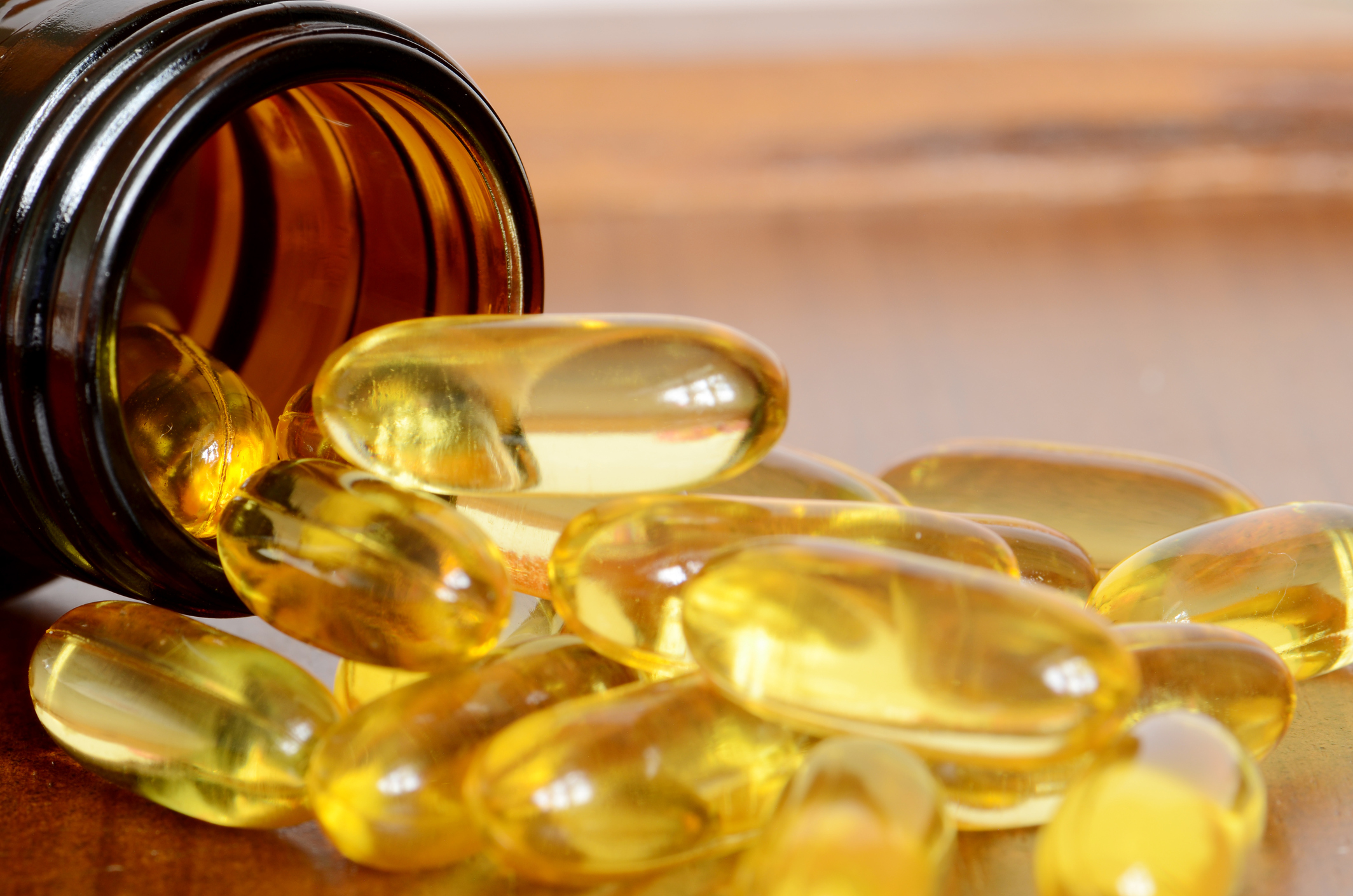Can DHA & EPA help with COVID-19?
Unsaturated fats can be classified into two main categories: Monounsaturated fatty acids (MUFA) and polyunsaturated fatty acids (PUFA). MUFA-rich foods include olive oil, canola oil, cashews, and groundnuts. On the other hand, PUFA can be further divided into Eicosapentaenoic acid (EPA) and docosahexaenoic acid (DHA), also known as omega-3 fatty acids. EPA and DHA are commonly found in fatty fish and algae.
Benefits of EPA and DHA
EPA and DHA offer a range of benefits, with one well-studied area being their connection to cardiovascular health. Multiple studies indicate that incorporating EPA and DHA-rich foods or supplements into the diet can lower triglyceride levels. Consequently, the American Heart Association (AHA) recommends a daily intake of about 1g of EPA plus DHA for individuals at high risk of heart disease. Joseph C. Maroon, MD, a professor in the Department of Neurological Surgery at the University of Pittsburgh School of Medicine and author of "Fish Oil: The Natural Anti-Inflammatory," emphasizes that sufficient omega-3 intake can reduce the inflammatory processes linked to various chronic conditions. This anti-inflammatory effect could potentially extend to diseases like arthritis, dry eyes, age-related macular degeneration (AMD), dementia, Alzheimer's, and cognitive issues. However, what about its relevance to COVID-19?

EPA & DHA in the Context of COVID-19
COVID-19 remains a novel disease, with many aspects still unknown to scientists. Among the potential management and treatment avenues being explored is the relationship between EPA and DHA and COVID-19. Numerous well-documented studies suggest that EPA and DHA's anti-inflammatory properties could have potential benefits for COVID-19 patients.
COVID-19 primarily targets the body's immune system, triggering an immune response to combat the disease. During this battle, the body releases cytokines, a phenomenon referred to as a "cytokine storm." Studies on sepsis patients have shown that administering EPA and DHA leads to the release of resolvins, which aid in restoring cellular function post-inflammation and tissue injury. This insight underlines why the administration and consumption of EPA and DHA-rich diets are being examined as potential mechanisms against COVID-19. Furthermore, a meta-analysis indicates that high EPA and DHA supplementation through parenteral and enteral nutrition can significantly reduce ventilator-free days, organ failures, ICU stays, and mortality rates among individuals with acute respiratory distress syndrome (ARDS). Given that ARDS is a common complication of critically ill COVID-19 patients, these findings suggest a potential positive impact.
Another critical parameter in assessing COVID-19 severity, particularly in critically ill patients, is coagulation ability. Non-survivors of COVID-19 are often those with heightened platelet aggregation and activation, resulting in a higher risk of life-threatening blood clotting. A study involving a moderate intake of three omega-3-rich fish species over 18 days showed improved bleeding time and reduced platelet aggregation, potentially decreasing thrombosis risk among COVID-19 patients. Similarly, a study supplementing healthy subjects with EPA for four weeks demonstrated decreased platelet activation, an early step in platelet aggregation.
In conclusion, the administration or consumption of EPA and DHA could potentially aid critically ill COVID-19 patients. However, using EPA and DHA as a prophylactic among healthy individuals requires further investigation due to the limited understanding of the virus's pathology and its interaction with patients' characteristics during recovery. Therefore, it's advisable to conduct randomized controlled trials that consider supplementation type, dosage, individual characteristics, adverse effects, and potential combinations with medication and antioxidants.
References
-
National Institute of Health (NIH). Office of Dietary Supplements. Fact sheet for consumer. Omega 3 Fatty Acids. https://ods.od.nih.gov/factsheets/Omega3FattyAcids-Consumer/ (Accessed on Feb 4, 2021).
-
National Institute of Health (NIH). Office of Dietary Supplements. Fact sheet for Health Professionals. Omega 3 Fatty Acids. https://ods.od.nih.gov/factsheets/Omega3FattyAcids-HealthProfessional/ (Accessed on Feb 4, 2021).
-
Nourish by WebMD. What to know about Omega 3 and fish? Annie Stuart. https://www.webmd.com/diet/features/what-to-know-about-omega-3s-and-fish#1 (Accessed on Feb 4, 2021).
-
Rogero, M. M., Leão, M. D. C., Santana, T. M., de MB Pimentel, M. V., Carlini, G. C., da Silveira, T. F.& Castro, I. A. (2020). Potential benefits and risks of omega-3 fatty acids supplementation to patients with COVID-19. Free Radical Biology and Medicine.




